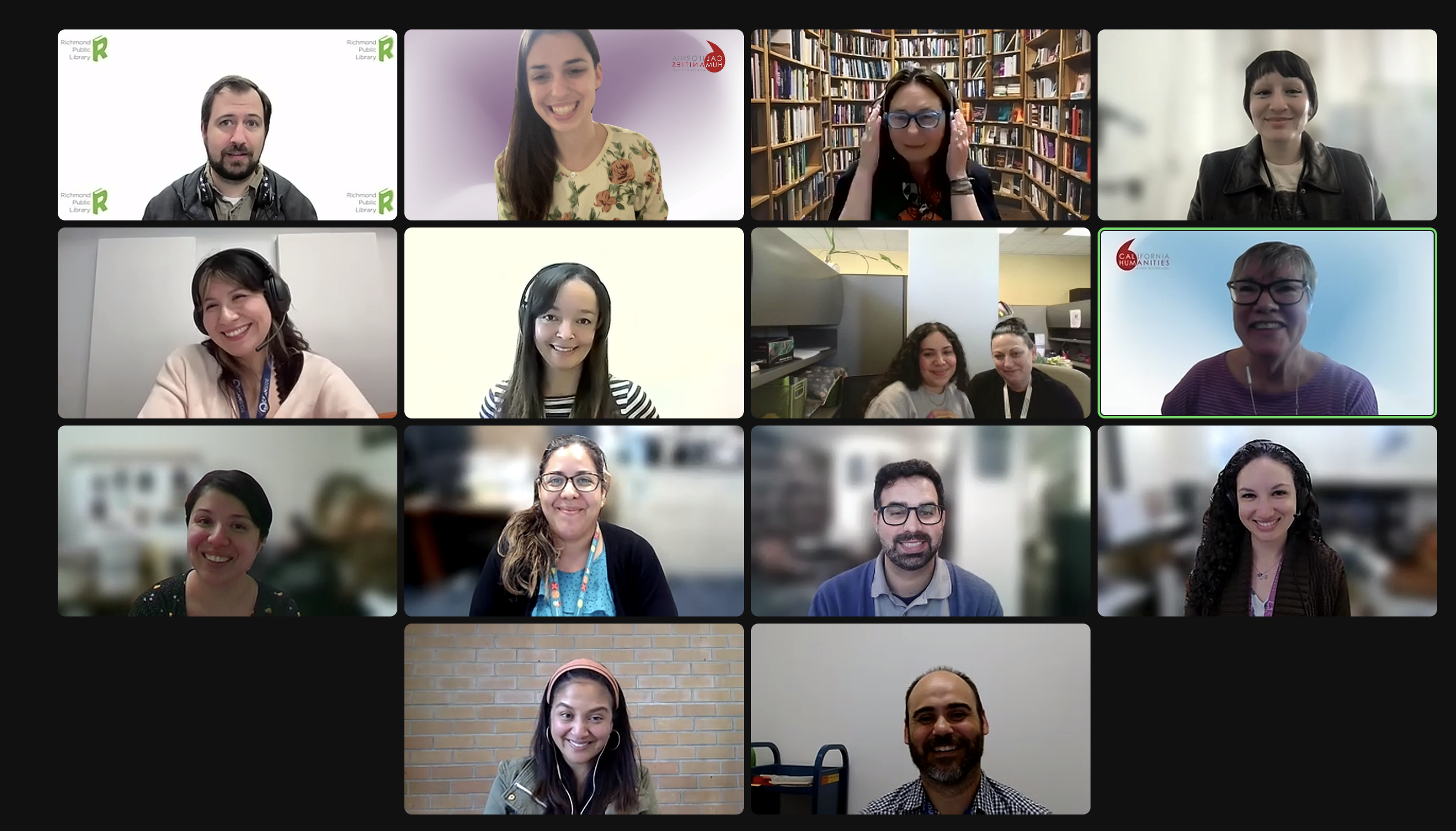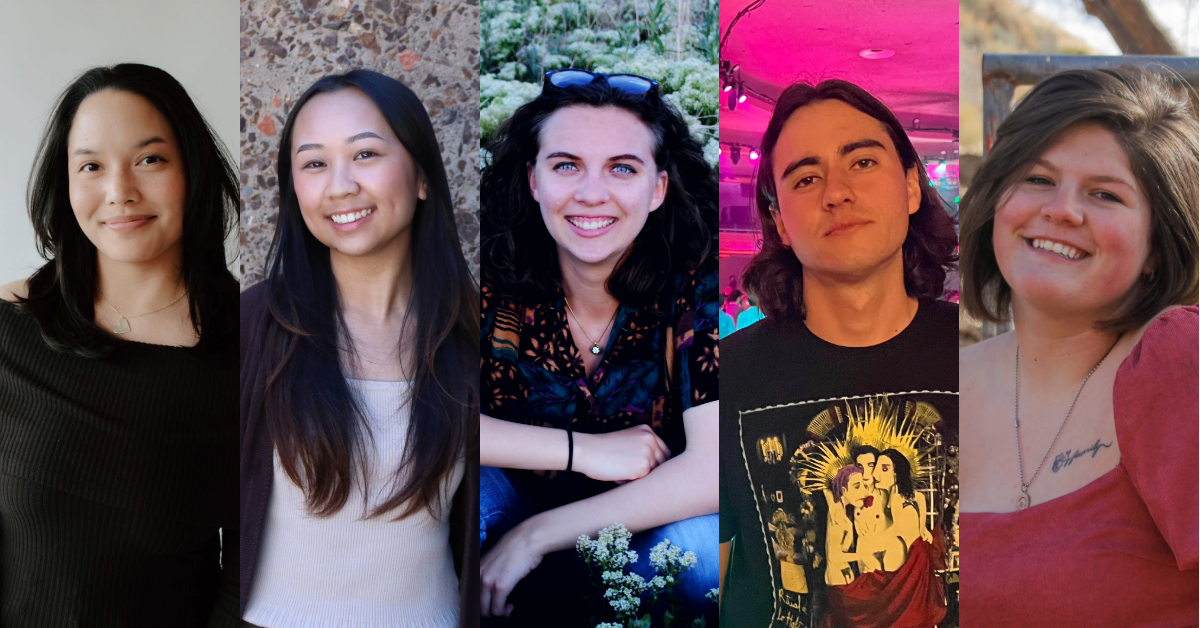SAN FRANCISCO– Screening of TRIBAL JUSTICE at American Indian Film Festival in San Francisco. TRIBAL JUSTICE has been nominated for Best Doc on Sunday Nov 5, 2017 at 3:30pm – 6:00 pm. This film will be playing with MANKILLER by Valerie Red-Horse Mohl about the great Wilma Mankiller. Tickets: $5
Brava Theatre Center
2781 24th Street
San Francisco, CA 94110
Tribal Justice was supported by California Humanities through a California Documentary Project Grant.
Tribal Justice
Director: Anne A. Makepeace
Documentary Feature, 1 hour 27 minutes, Watch trailer
Tribal Justice is a feature documentary about a little known, underreported but effective criminal justice reform movement in America today: the efforts of tribal courts to create alternative justice systems based on their traditions. In California, the state with the largest number of Indian people and tribes, two formidable Native American women are among those leading the way. Abby Abinanti, Chief Judge of the Yurok Tribe on the northwest coast, and Claudette White, Chief Judge of the Quechan Tribe in the southeastern desert, are creating innovative systems that focus on restoring rather than punishing offenders in order to keep tribal members out of prison, prevent children from being taken from their communities, and stop the school-to-prison pipeline that plagues their young people.
Abby Abinanti is a fierce, lean, elder. Claudette White is younger, and her courtroom style is more conventional in form; but like Abby, her goal is to provide culturally relevant justice to the people who come before her. Observational footage of these judges’ lives and work provides the backbone of the documentary, while the heart of the film follows offenders as their stories unfold over time, in and out of court. Taos Proctor, a young Yurok man who was facing a third strike conviction with a mandatory life sentence when we began filming him in 2013, has become a landmark case in Abby’s court. Over the past two years, we have filmed him struggling to remain clean and sober, and to rebuild his relationship with his partner and their young son. A teenage Quechan boy, Ryan Marks, is reunited with his extended family with the help of Claudette’s court. In contrast, Isaac Palone, another Quechan teenager recently released from a group home, is facing two felony burglary charges. Because his case is in state court rather than tribal court, he is at great risk of being funneled into the school-to-prison pipeline. Meanwhile Claudette works to reunite a nine year old boy, Dru Denard, with his family by invoking the Indian Child Welfare Act. These and other stories unfold over time, engaging viewers with the dedication of the judges, the humanity of the people who come before them, and a vision of justice that can actually work.
Through the film, audiences will gain a new understanding of tribal courts and their role in the survival of Indian people. The film will also inspire those working in the mainstream legal field to consider new ways of implementing problem-solving and restorative justice, lowering our staggering incarceration rates and enabling offenders to make reparations and rebuild their lives.
You can also stream Tribal Justice online starting November 1, here.
Mankiller
Director: Valerie Red-Horse Mohl
Documentary Feature, 1 hour 13 minutes, Watch trailer
This is the story of an American hero. One who stands tall amongst the likes of Robert Kennedy, Harriet Tubman and Martin Luther King, Jr. Someone who humbly defied the odds and overcame insurmountable obstacles to fight injustice and gave a voice to the voiceless. And yet few people know her name. This is the story of an American legend, Wilma Mankiller, who overcame rampant sexism and personal challenges to emerge as the Cherokee Nation’s first female Principal Chief in 1985. MANKILLER examines the legacy of the formidable Wilma Mankiller and reunites the documentary team of Gale Anne Hurd and Valerie Red-Horse Mohl for their third and most powerful film. As a child, Wilma’s family was relocated from Oklahoma to San Francisco, and although the move was traumatic, it was in the Bay Area during the turbulent 1960s that she became involved in the fight for civil rights and joined the Alcatraz Occupation. Wilma brought this passion back to her people where she was re-elected for three terms to serve as the Cherokee’s highest leader laying important foundations for the current Nation’s economic and cultural status as one of the most successful tribes in America. Although she considered herself a liberal democrat, as Deputy Chief she served under a conservative Republican and was known as a uniter of all people. Wilma launched many cutting edge initiatives that substantially improved living conditions during her tenure, and in 1990 she signed an unprecedented Cherokee Nation self-determination agreement with the federal government, in which the Nation took control of its funding, programs and services from the Bureau of Indian Affairs. In 1998, recognizing her impressive leadership and achievements, President Bill Clinton awarded her the Medal of Freedom. A stalwart activist for women’s rights, Wilma Mankiller was cited by the organizers of the January 2017 Women’s March on Washington as one of the most important leaders in America’s movement for equality. And yet, most people still don’t know her name. MANKILLER reminds audiences of the true meaning of servant leadership and serves as a wakeup call to take action for positive change.




